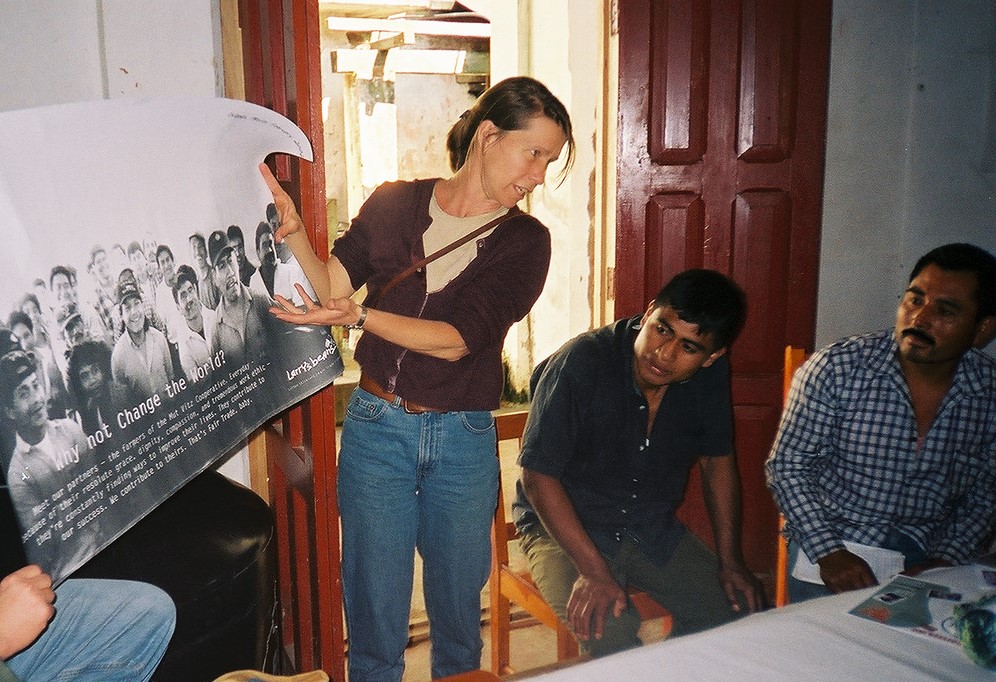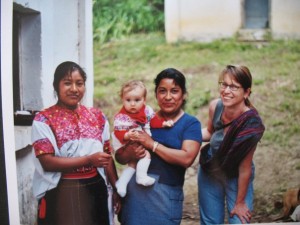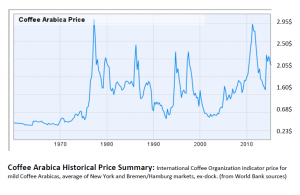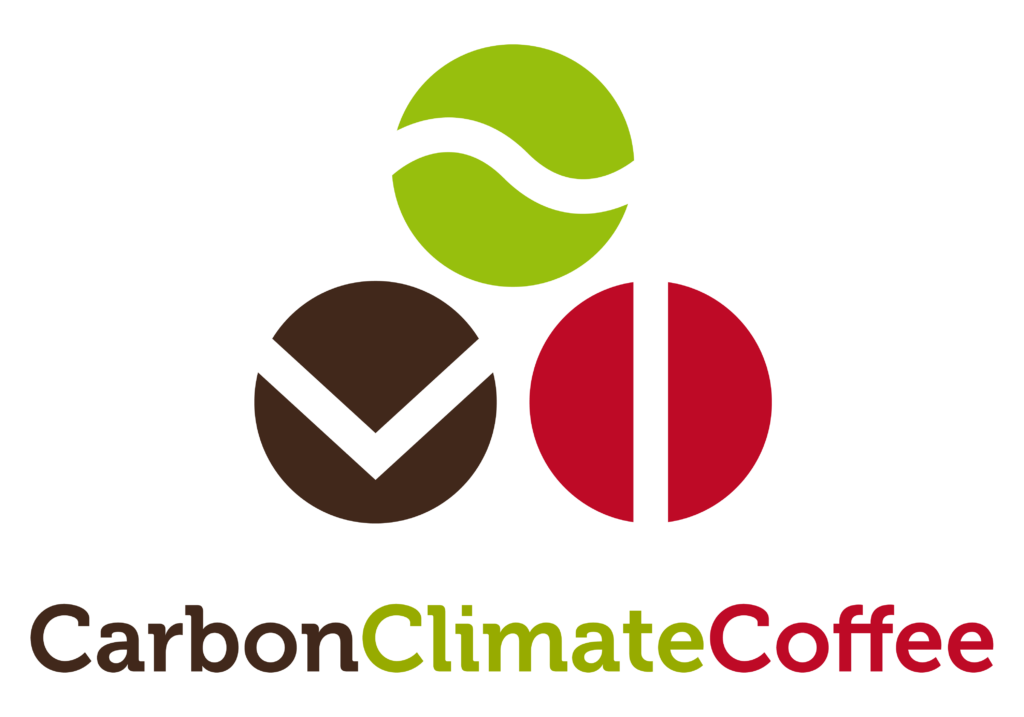
I’ve grown up in coffee through a “Fair Trade” approach. For many people in the industry, that puts me in a particular box. But for anyone who knows me, you’ve undoubtedly learned that I’m not the kind of girl who fits very easily into boxes!
 I was invited to join the ranks of the coffee industry, while living and working with small-scale farmers in Central America and Mexico. I grew up in coffee side-by-side with the expansion of Fair Trade markets in North America, and understand well and appreciate the concept and good intentions of Fair Trade. But like most movements (including my other “top-three” favorites: Organic, Direct and Local) the functioning of Fair Trade in the coffee industry has been eroded over time. This fact doesn’t shock me. In fact, it’s the most common, evolutionary dynamic that follows growth. The problem is — we, as dedicated fairtraders, should have expected this and better prepared ourselves to respond constructively.
I was invited to join the ranks of the coffee industry, while living and working with small-scale farmers in Central America and Mexico. I grew up in coffee side-by-side with the expansion of Fair Trade markets in North America, and understand well and appreciate the concept and good intentions of Fair Trade. But like most movements (including my other “top-three” favorites: Organic, Direct and Local) the functioning of Fair Trade in the coffee industry has been eroded over time. This fact doesn’t shock me. In fact, it’s the most common, evolutionary dynamic that follows growth. The problem is — we, as dedicated fairtraders, should have expected this and better prepared ourselves to respond constructively.
Wherever the vanguard creates – others jump in once the concept or product has proven itself successful in order to replicate, and often dilute, its authenticity and quality. Once the dilution/delusion has dropped to a certain level – as is the case in coffee with Fair Trade in the USA – innovators must bow out and create something better. This innovation is evidenced with the farmer driven, “Small Producer Symbol” (SPP); with the decentralization and the inclusion of producer leaders to the governance structure of Fairtrade Label Initiatives – International (FLO-I); and within a myriad of dedicated trader/roasters who have incorporated high ethics, transparency and traceablity to their ethos.
The bad news in all this is that there’s no rest for the weary. The good news is that this is what keeps us vibrant and striving to reach ever greater horizons.
In the Specialty Coffee industry, we could be doing so much better when it comes to  fairer market relationships with producer partners. We ask a lot from our partners – in quality, information, access and reliability. And yet, we base our payment for their services and products based upon a wildly fluctuating and highly speculative New York “C” price.
fairer market relationships with producer partners. We ask a lot from our partners – in quality, information, access and reliability. And yet, we base our payment for their services and products based upon a wildly fluctuating and highly speculative New York “C” price.
But truth be told, if Brazil is suffering a bust or boom harvest… or worse yet, if futures contract speculators are going wild in some corner of the marketplace, that has absolutely nothing to do with what we have requested from our partners in Cauca, or Huehuetenango, or any other grower region, in the name of improving their quality and delivery of our contracts. Still the basis for what Specialty Coffee importers offer as a price for their efforts continues to track the rise and fall of the “C” (as in “commodity“) market.
Imagine if your salary fluctuated with every shift in unemployment statistics! Because “theoretically” as unemployment rises, the glut in job-seekers puts your position in the down-side of supply and demand! Lumping all Specialty Quality, Fair Trade and Organic coffees in the same commodity pricing mechanism is equally ludicrous.
For the sheer weight of the work we demand from our partners and the irrevocable value that reliable high-quality product represents for our companies, I can imagine a “Fairer-Trade” approach where no Specialty Coffee producer ever gets paid below reasonable production costs.
Yes, I understand very well the value of “a contract” and the concept of “market viability.” But we must also remain sensitive to our partners’ needs. For example, in 2011 when Fondo Paez — one of our long-time partners and farmer friends – was severely hit with Roya during the Cauca Epidemic. Fondo Paez farmers were reduced to a fraction of their former productive selves, which fundamentally changed the way we purchased their outstanding coffee.
In order to help them get through that rough patch, our roaster members agreed to move this coffee to production-cost-based pricing. This put the green coffee, per-pound price at some $2/lb above the going “C” market. But it was the right thing to do at the time. That little bit of extra money kept this small cooperative afloat during very tough times.
And we’re so glad that we did! Fondo Paez is now well along their path to production recovery, and our roasters continue to strengthen the relationship with these amazing people, while winning quality awards with their spectacular beans.
So in the end, the trading banner I subscribe to is “Fairest Possible, Direct and Friendly Relationships, and a Win-Win Approach to Problem Solving” — because we all know that even with the “best laid plans in coffee” we’ll be hitting a few bumps in the road that will need to be tackled with everyone’s best interests at heart!
Author: Monika Firl
February 25, 2015























…and for a young coffee farmer’s perspective, please check out the article “What is Coffee Worth to You?”, by Luis Rodríguez Ventura , in the SCAA September 2015 Edition.
http://www.scaa.org/chronicle/2015/08/04/what-is-coffee-worth-to-you/